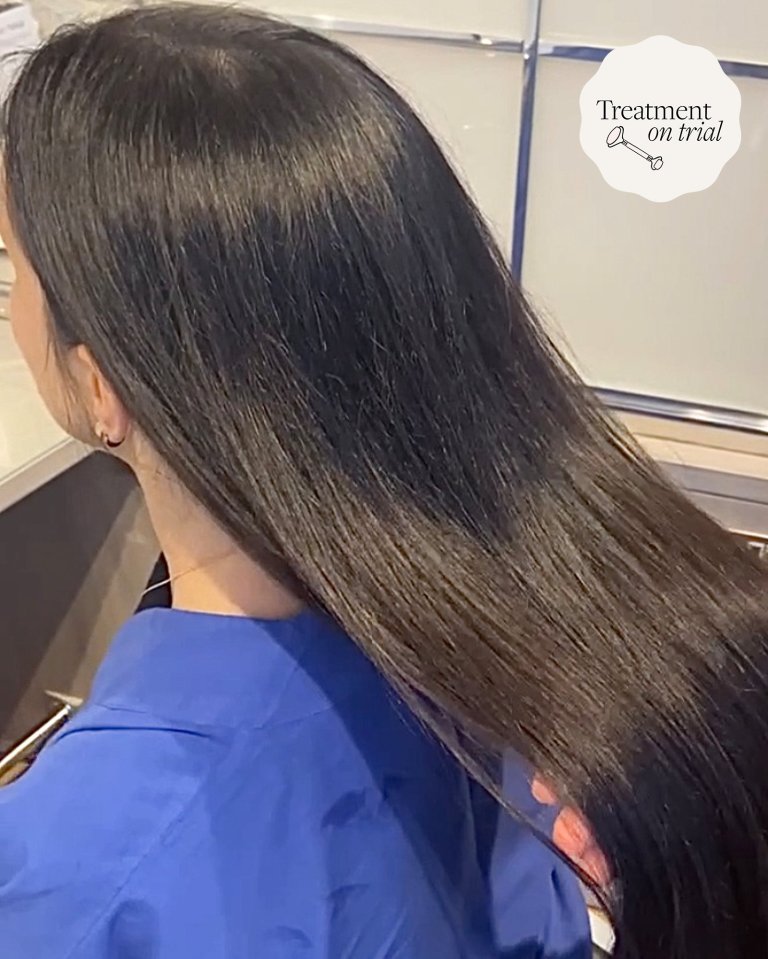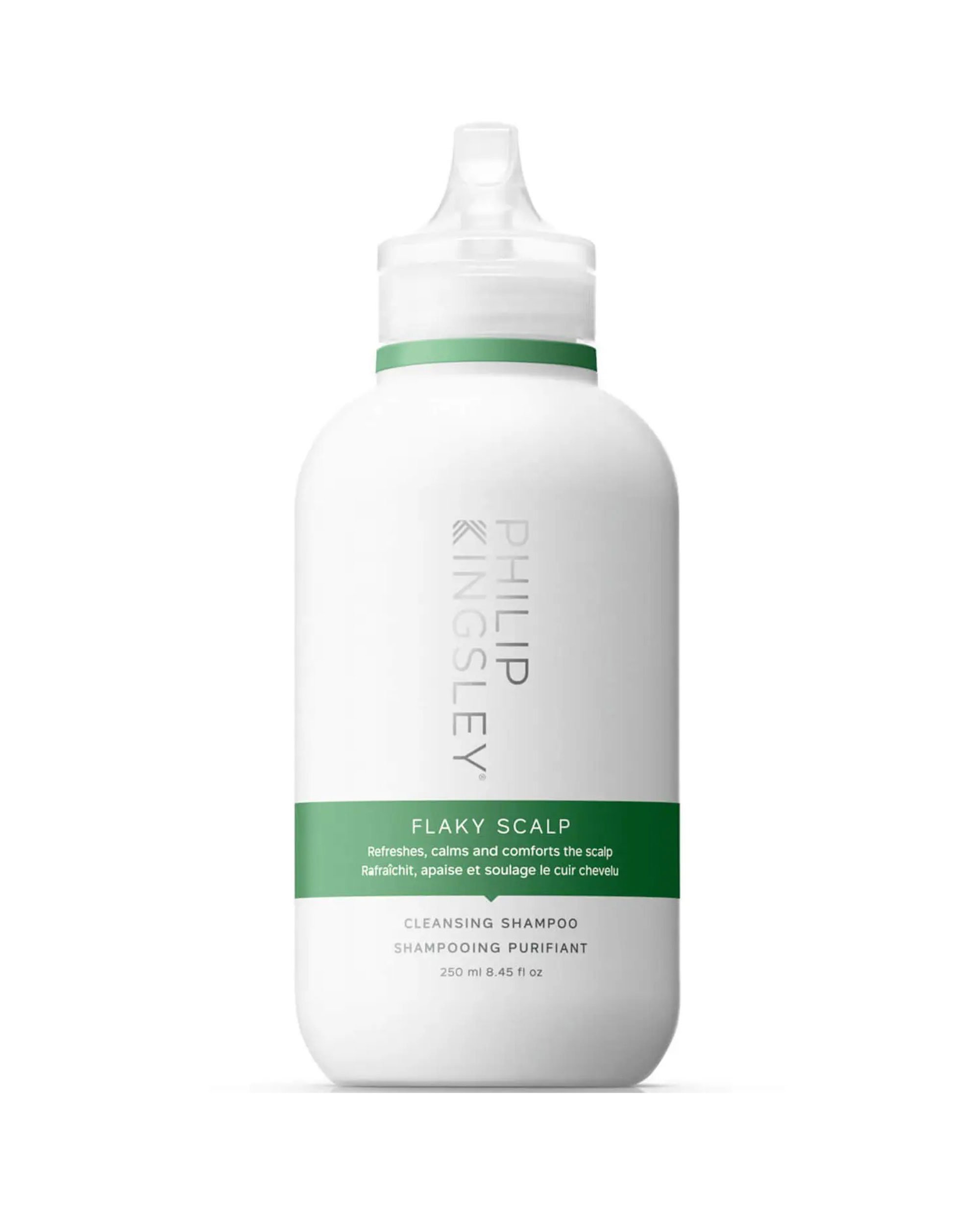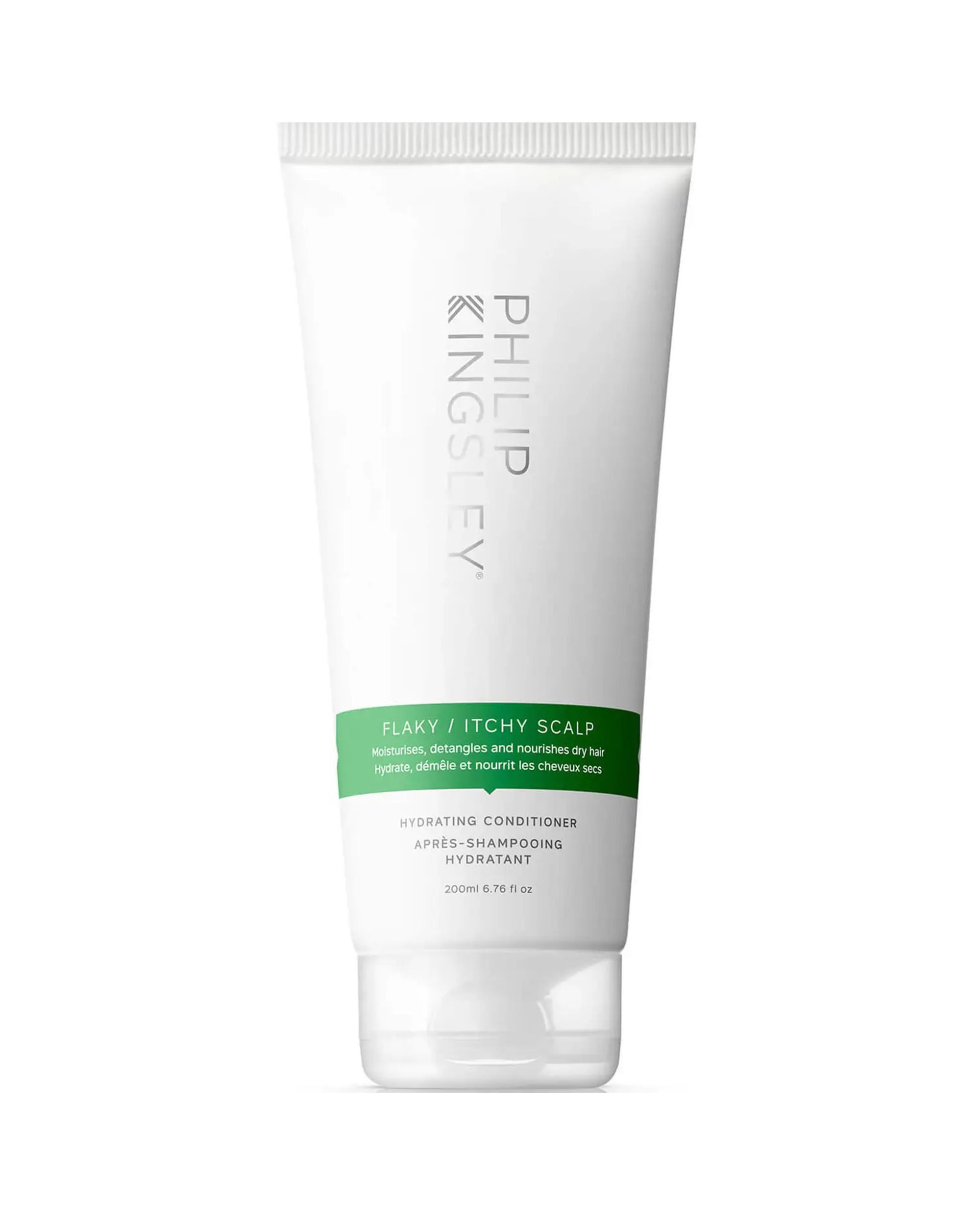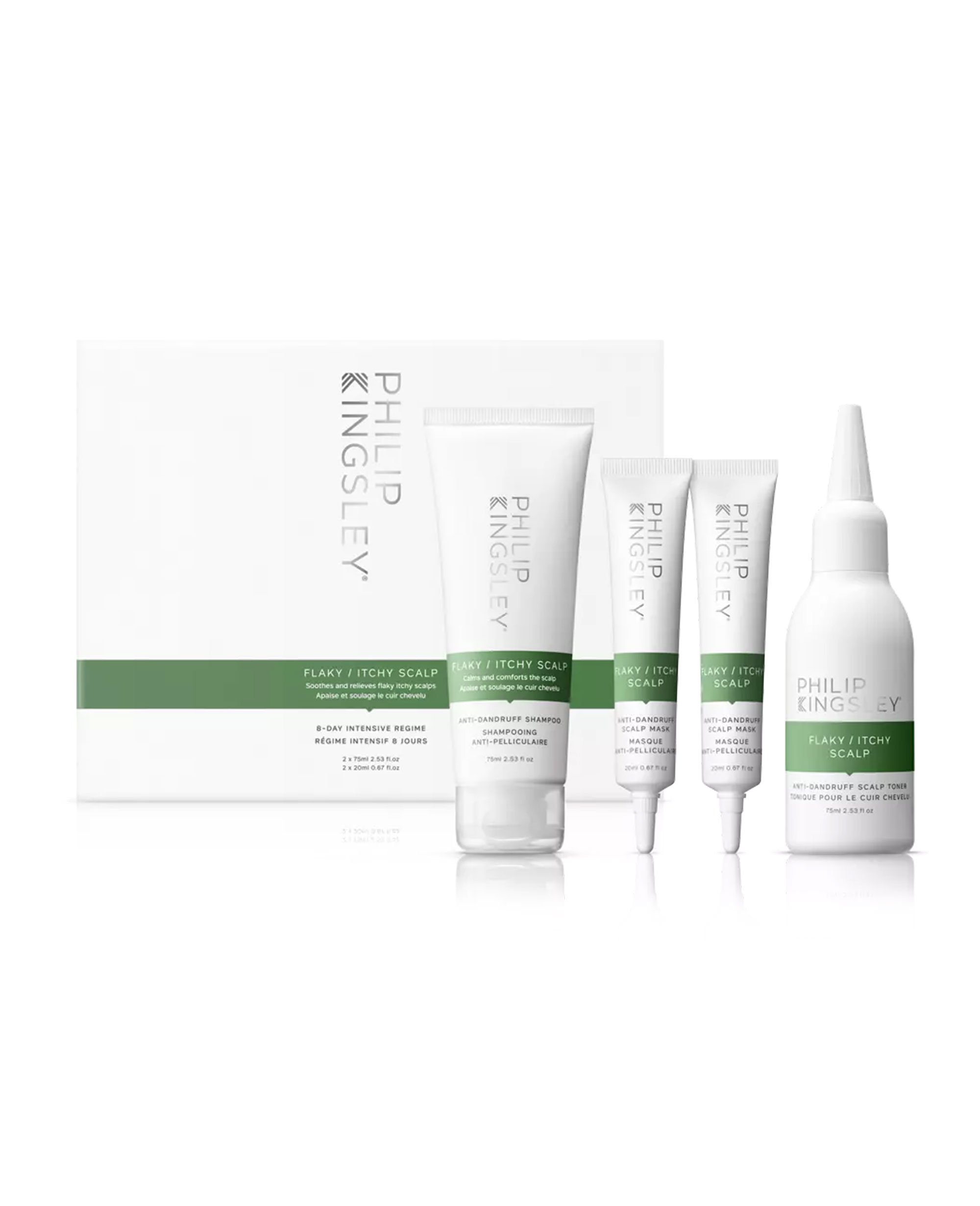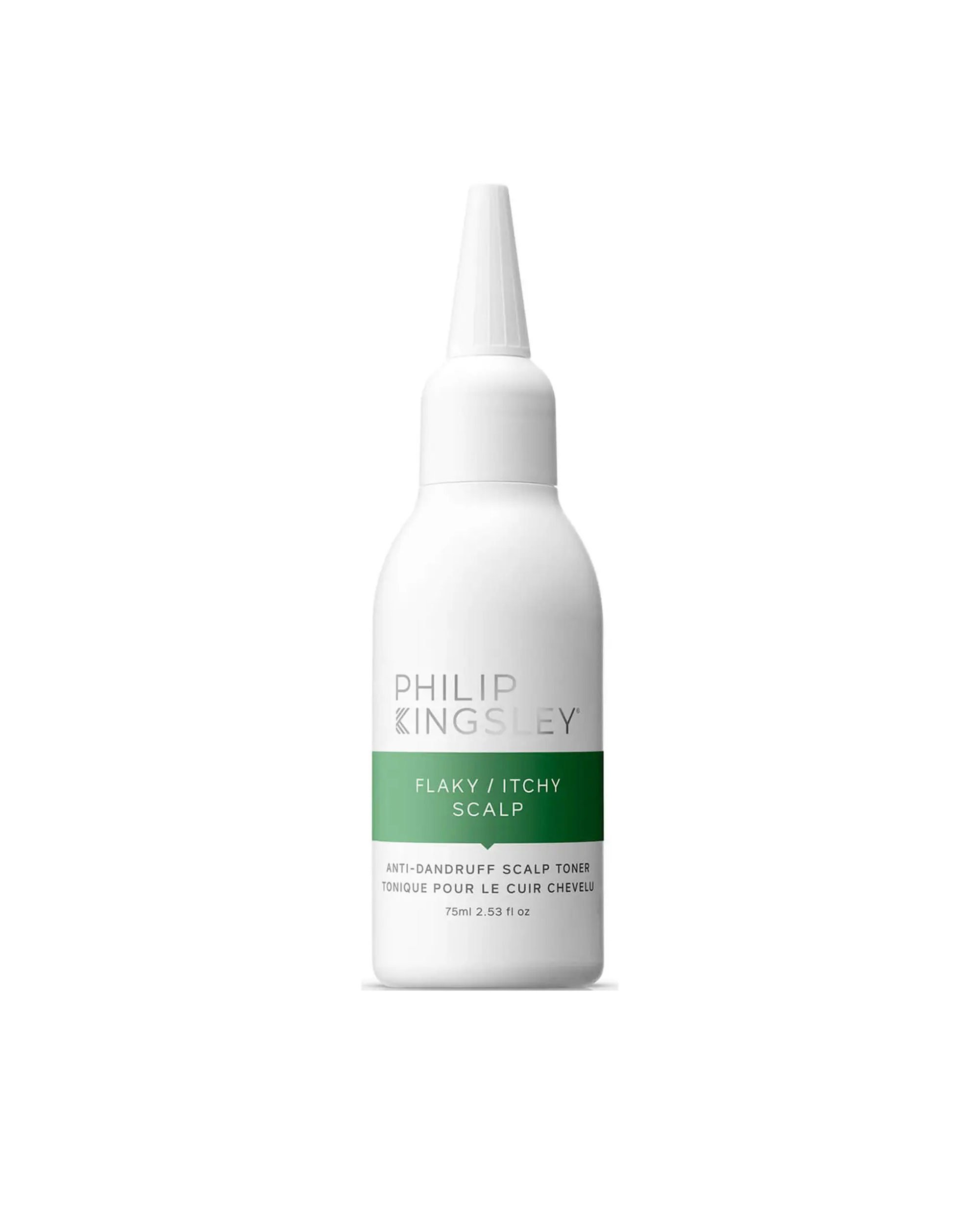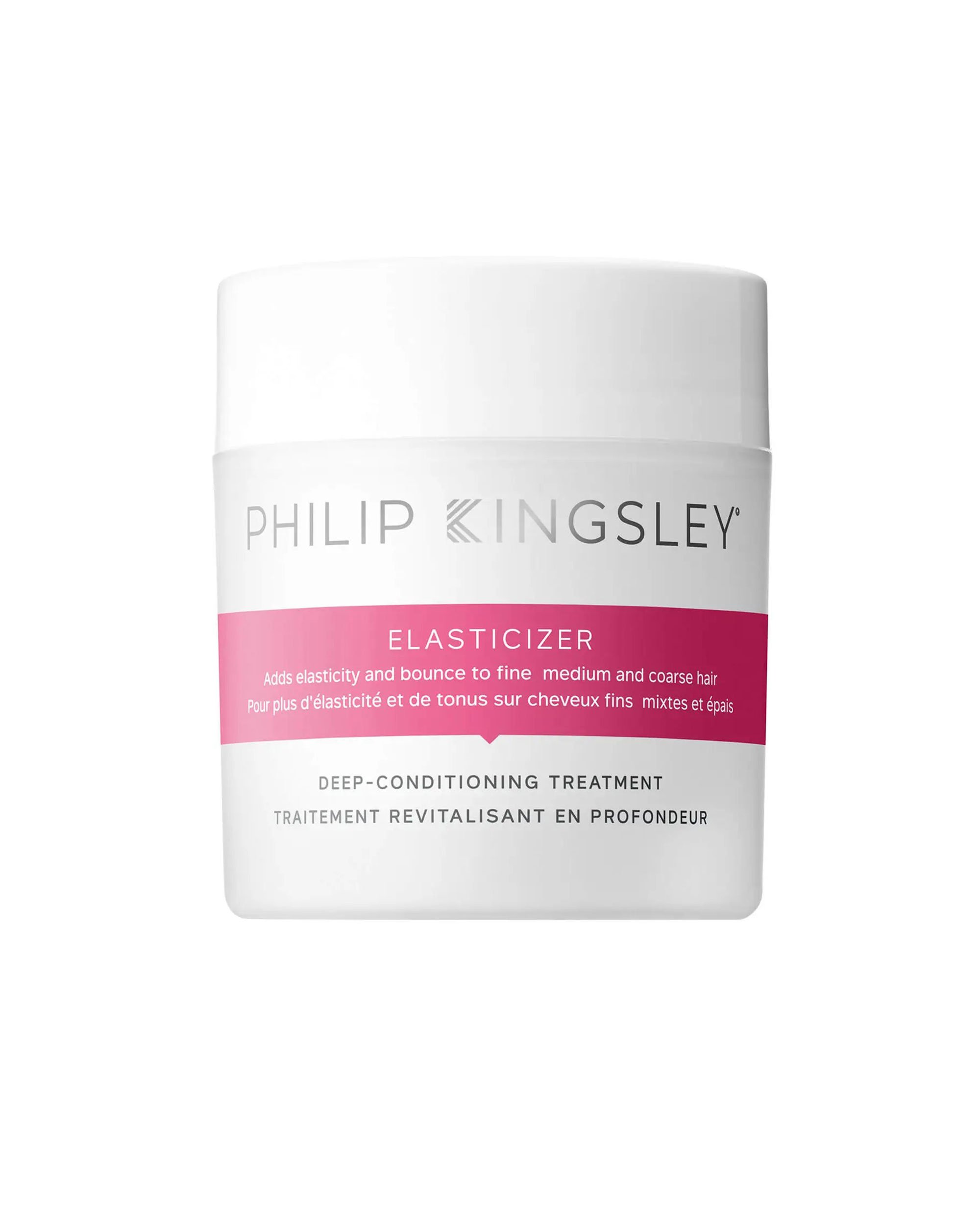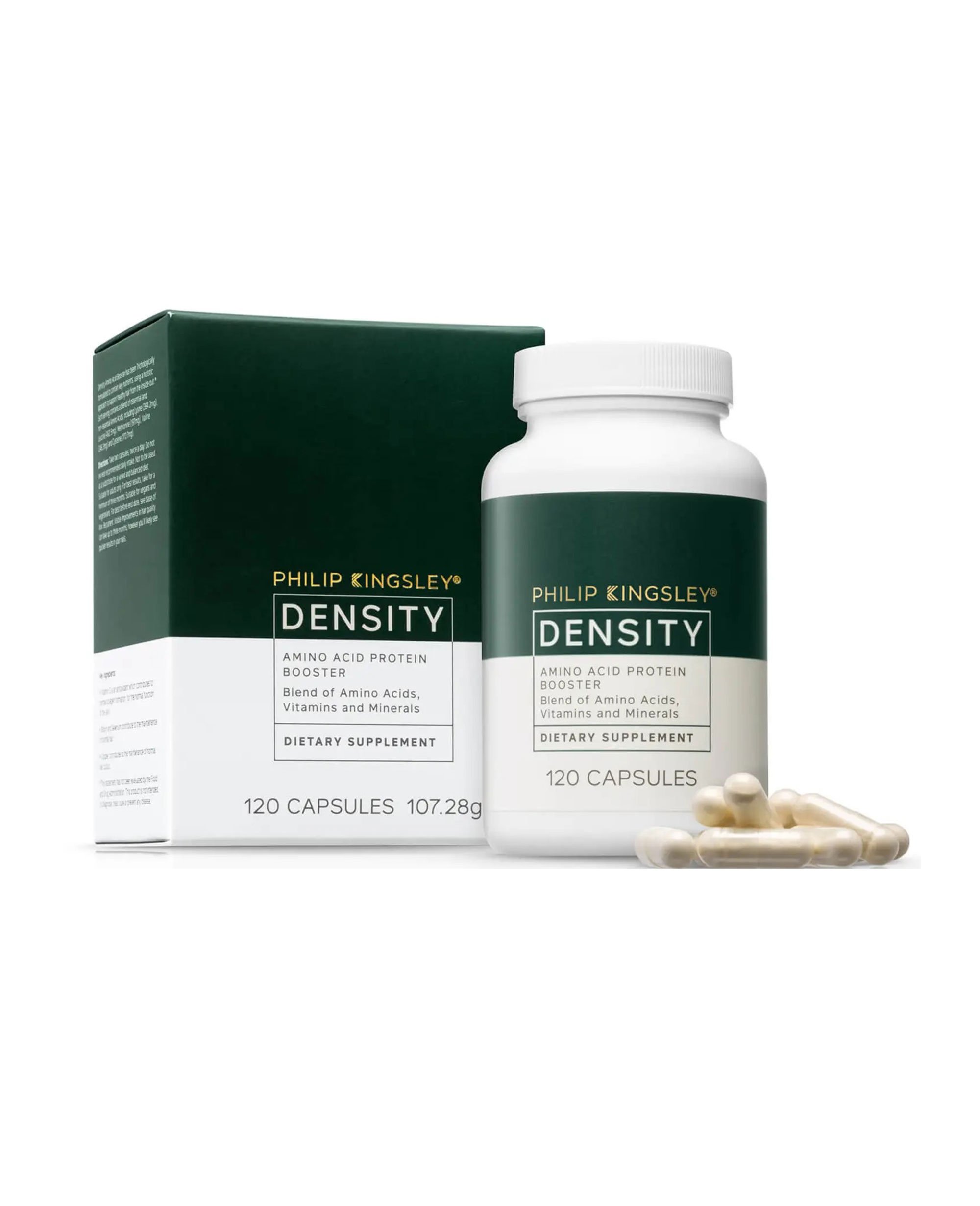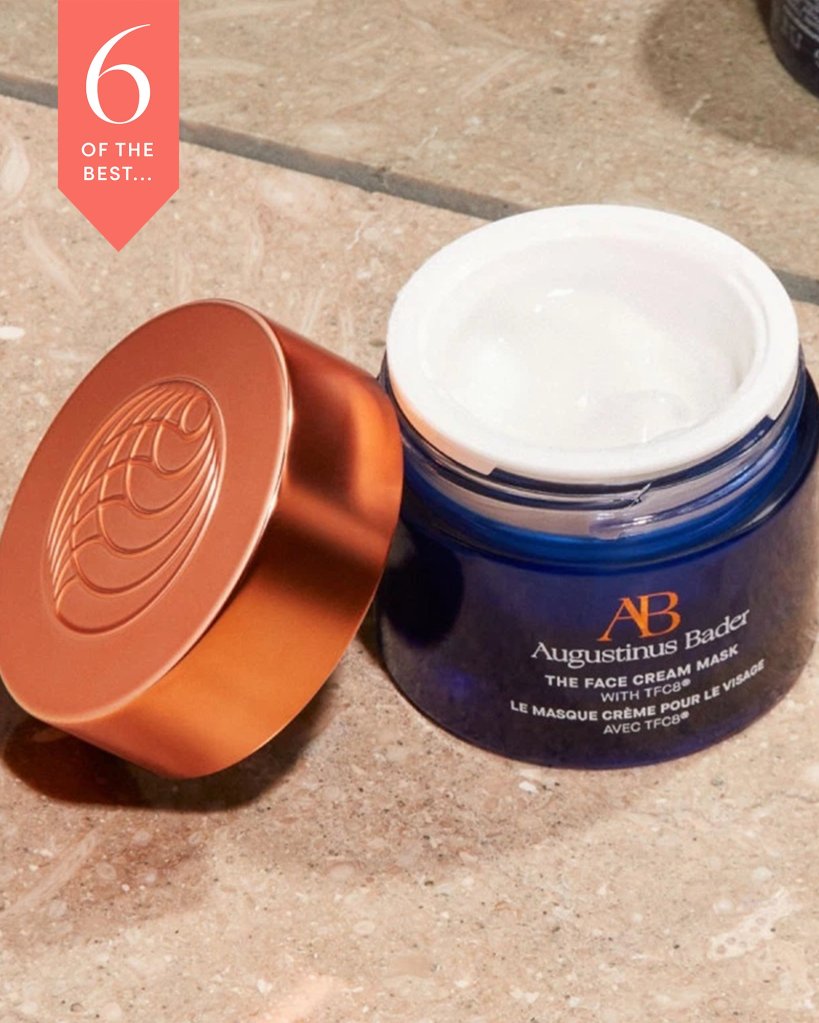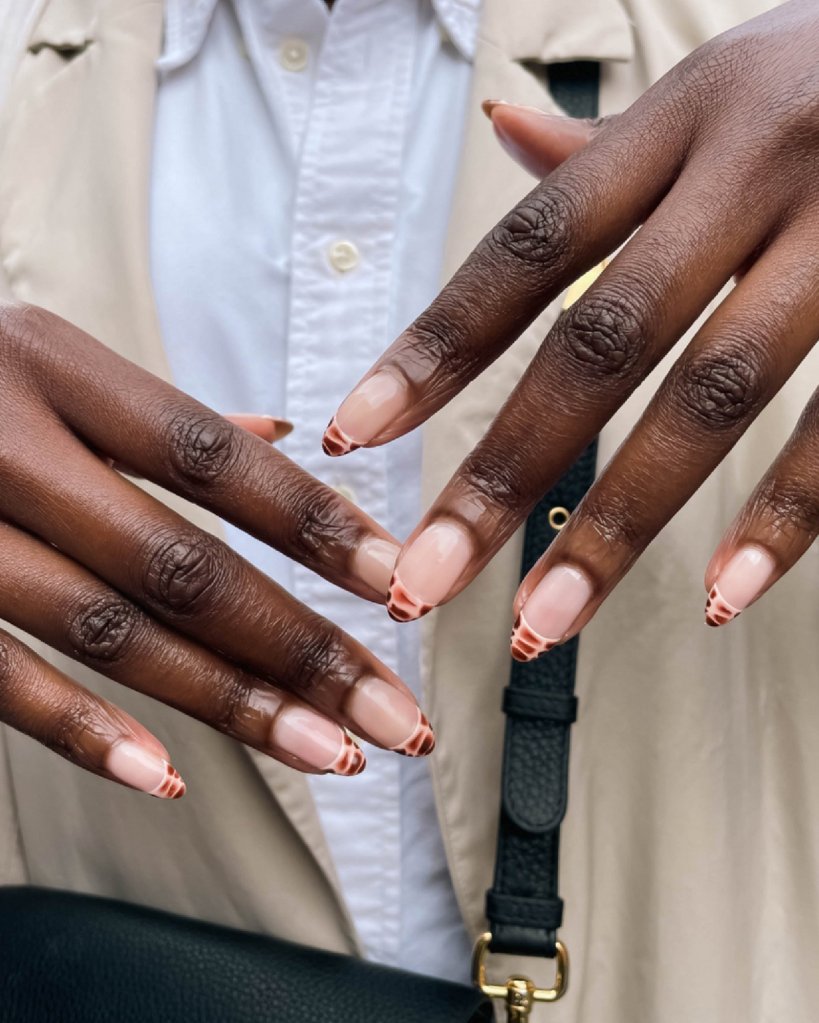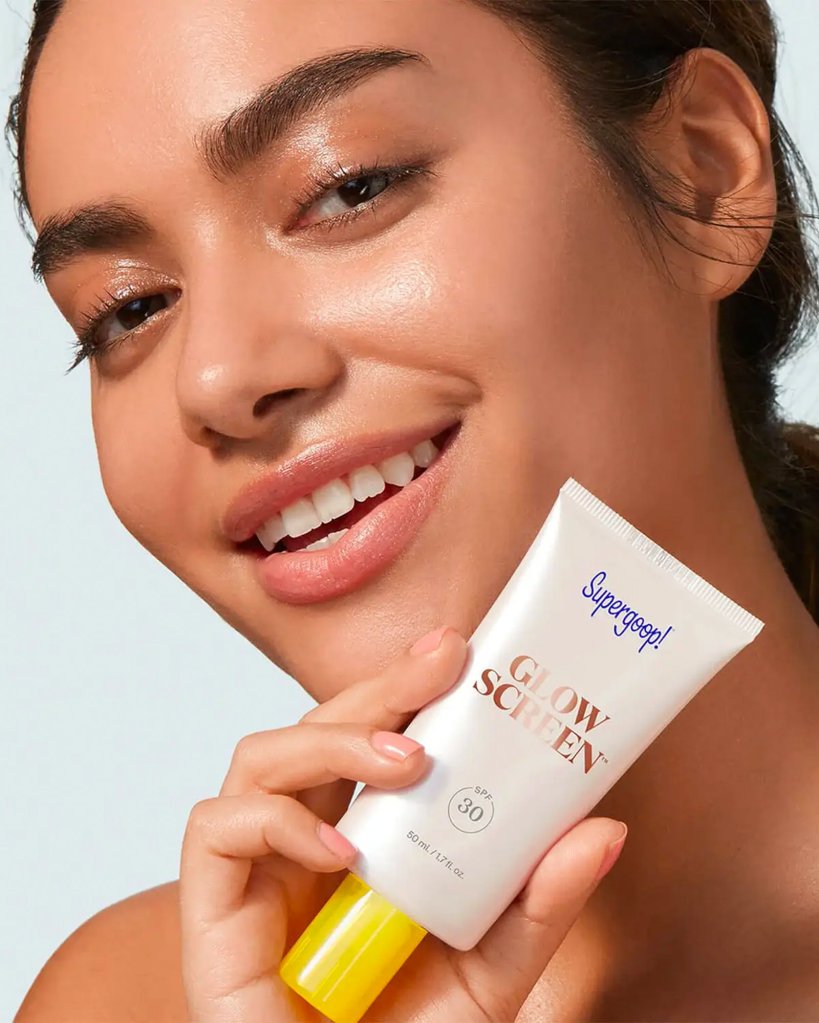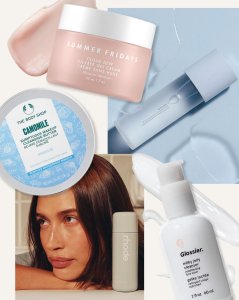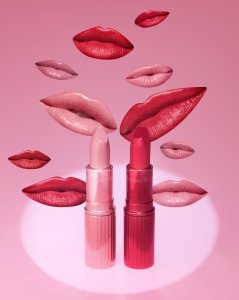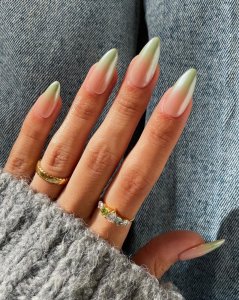I have long subscribed to the notion that, in the immortal words of Phoebe Waller Bridge (the patron saint of millennial women) “hair is everything.” As someone who believes their hair to be their best feature, I have never related more than when her Fleabag character goes on to explain, “It’s the difference between a good day and a bad day.” You’re telling me, Phoebs!
What I perhaps hadn’t considered, until I experienced a bout of hair loss that resulted in very small but noticeably irritated and red patches of baldness in my middle parting, is that the scalp, the home of said hair, is just as important. It’s perhaps even more crucial to the appearance of and maintenance of a healthy, glossy mane.
Philip Kingsley recommended products
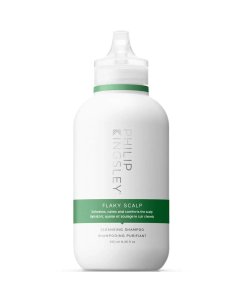
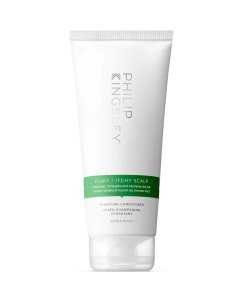

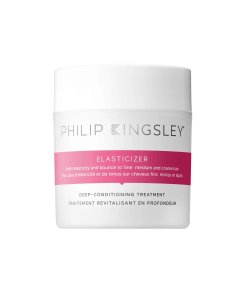
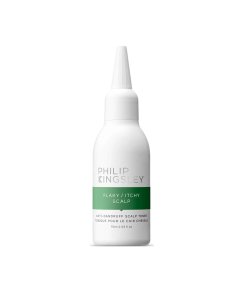
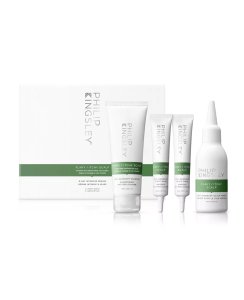
*Eliza may earn commission on sales from these product links
For as long as I can remember, I have always been an anxious person, prone to overthinking. And while I’ve been all too aware of the internal symptoms (like worrying excessively about all manner of things), I hadn’t quite recognised that symptoms were also beginning to present physically. It sounds obvious writing this now, but it actually took a while to connect the two.
You see, the reason for said bald patches was a very nasty (not to mention unseemly) habit of repeatedly scratching and scraping (literally hacking) at the skin on my poor scalp until it bled, leading inevitably to crusty scabs and very angry red skin.
These patches of skin seemed to flare up during more intense periods of stress, or even boredom. It was often something I wasn’t even conscious I was doing to myself, leading to friends and family members (including Eliza’s own beauty editor Rebecca) to bellow ‘STOP that,’ or playfully slap my hand away.
Since people were now wise to my dirty little habit, it became more and more insidious, so much so that I would often sneak away to the bathroom for long periods of time to indulge in some quality picking time (disgusting, I know).
Read next:
- 6 of the best scalp saviours for shinier, healthier hair
- The TikTok hair trend actually worth avoiding
- How ‘skinification’ became the biggest body and hair trend of the year
Because I was doing this so often at times, the skin never managed to heal, resulting in a fresh cover of skin growing in just in time to pick off each day. This I would dutifully do, resulting in a vicious cycle of pick and repeat.
But it wasn’t just the scalp skin that suffered; my hair began to fall out in the tiny patches of skin that had relentlessly been hacked. Most worryingly of all, this hair did not seem to be growing back in a hurry, so I began to feel concerned that the hair follicles had been damaged permanently by yours truly.
It was this stark realisation that I might lose my hair for good that made me realise I needed to take action. I am fortunate enough to work for a fashion and beauty brand, so on the advice of our beauty ed, I arranged an appointment at the Philip Kingsley Trichology clinic in Mayfair to try and get to the root (sorry) of the issue.
First of all, what is trichology?
Trichology is the study of the science behind the hair and scalp. A trichologist is a trained professional who diagnoses and treats any issues. The most common concerns that trichologists tend to deal with are dandruff, hair loss and scalp irritation.
Why see a trichologist?
It could be worth seeing a trichologist if you have any specific hair and scalp concerns, as they are able to offer a more specialised, science-backed service than a hair salon would be able to. This would be especially worthwhile if you are suffering from a skin condition like psoriasis or experiencing female hair loss.
What to expect from an appointment at the Philip Kingsley clinic
The initial consultation
The appointment lasts around two hours, and the first part is an hour-long private consultation with your trichologist. This is then followed by a bespoke hair and hair treatment suitable for your condition.
The initial consultation involves a very thorough conversation with your trichologist about any scalp or hair issues you may be experiencing. Expect lots of questions on your current hair routine, medical history, diet and lifestyle, which will help your trichologist put together your specially formulated hair and scalp prescription, plus a nutritional plan for you to follow post-treatment.
Your trichologist will also closely examine your scalp using a microscope to look at the health of your skin and hair follicles, as well as identify any visible issues like redness or psoriasis scales. For someone like me who secretly can’t get enough of Dr. Pimple Popper videos and anything a little ‘gross,’ this was the most fun part for me.
The trichologist showed me the extremely irritated and red parts of my scalp and explained that the areas where new, thinner-than-usual hairs were growing through, I may have permanently damaged my hair follicles. This really brought home the message that I need to stop touching and picking at my scalp so it can heal, or else face permanent damage such as bald spots. A warning to change my picking ways if there ever was one.
The bespoke hair and scalp treatment
Luckily, the slightly scary part was followed by a dreamy treatment in the gorgeous, light-filled Philip Kingsley salon, where I had my hair and scalp thoroughly cleaned by a hair specialist, while I looked at pictures of Mick Jagger in the same salon in the sixties.
The best part was when the scalp mask was applied post-wash, which was so cold and incredibly soothing to my poor irritated scalp. A steamer was then placed over my head to help the product sink in, as well as to gently lift any scabs from the surface for safe and pain-free removal.
It was also fascinating to re-learn how to do something as simple as wash my hair properly. The main takeaways were as follows:
How to wash your hair properly
- Always shampoo your hair twice (something that had never even occurred to me before, but I will now do religiously)
- Always use the pads of your fingers to massage shampoo gently but thoroughly onto your scalp
- You don’t need to add shampoo to the mid-long lengths of your hair. When you massage into the scalp, the suds slide down cleaning the rest of your hair.
- Contrary to popular opinion, washing your hair everyday isn’t actually the worst thing in the world you can do for the health of your hair. Of course, it totally depends on your hair type and, let’s be honest, whether you can be bothered on a daily basis. But in many cases, where you have oily roots and issues with dandruff build-up for example, daily washing is preferable for maintaining a clean and clear scalp, and glossy looking hair.
Following my appointment, I received a bespoke hair and scalp prescription of Philip Kinglsely products, extremely helpful instructions on how and when to use each, general hair and scalp care tips, plus a nutritional plan.
How much is an appointment at the Philip Kingsley clinic?
The appointment starts at £345 for an in-person consultation and treatment at the brand’s Mayfair clinic, which lasts 120 minutes on average, however this can vary depending on individual scalp and hair requirements.
Can’t get to the London salon? Virtual consultations are also available, starting from £200.
To book a Consultation or a Clinical Treatment, contact the Philip Kingsley Trichological clinic reception on 020 7629 4004.
Is it worth it?
Let’s be real: this is not the cheapest treatment out there, and the products are certainly pricier than my usual Herbal Essence, but Philip Kinglsley is globally renowned as the best in the business. Because of this (and because I do suffer from scalp damage), I would argue it is if you suffer from scalp issues and need help and guidance.
Having a specialist in this field look at your scalp and hair through a microscope is the ultimate opportunity to understand what’s going on with your head and how you can make sure you are using the right products to make the most of your hair and treat your scalp.
The treatment itself was also so lovely and comforting to my sore scalp; it was a good incentive to start afresh after this, to allow the wounds to heal, finally. My hair now feels much softer already, and I will definitely be re-buying certain products such as the beloved Elasticizer.
My Philip Kingsley hair product prescription:
While I’d recommend seeking a bespoke routine if you’re suffering, the following were some of the products I was recommended for my irritated, dandruff-prone scalp, which might be helpful to you too.
